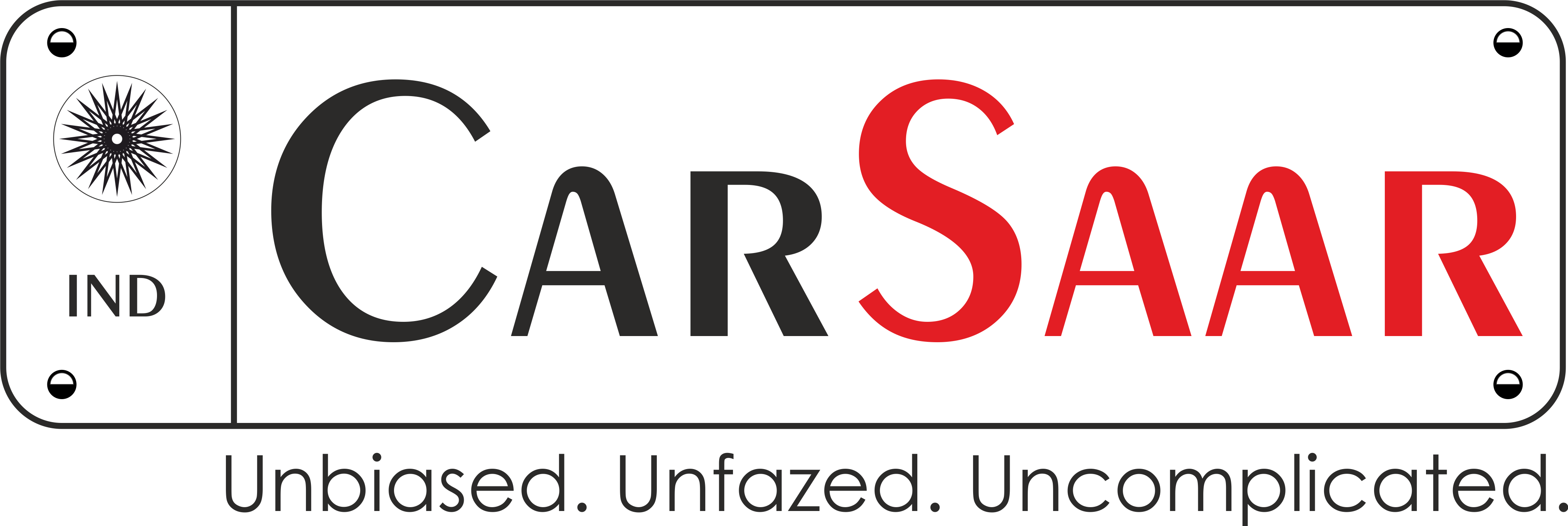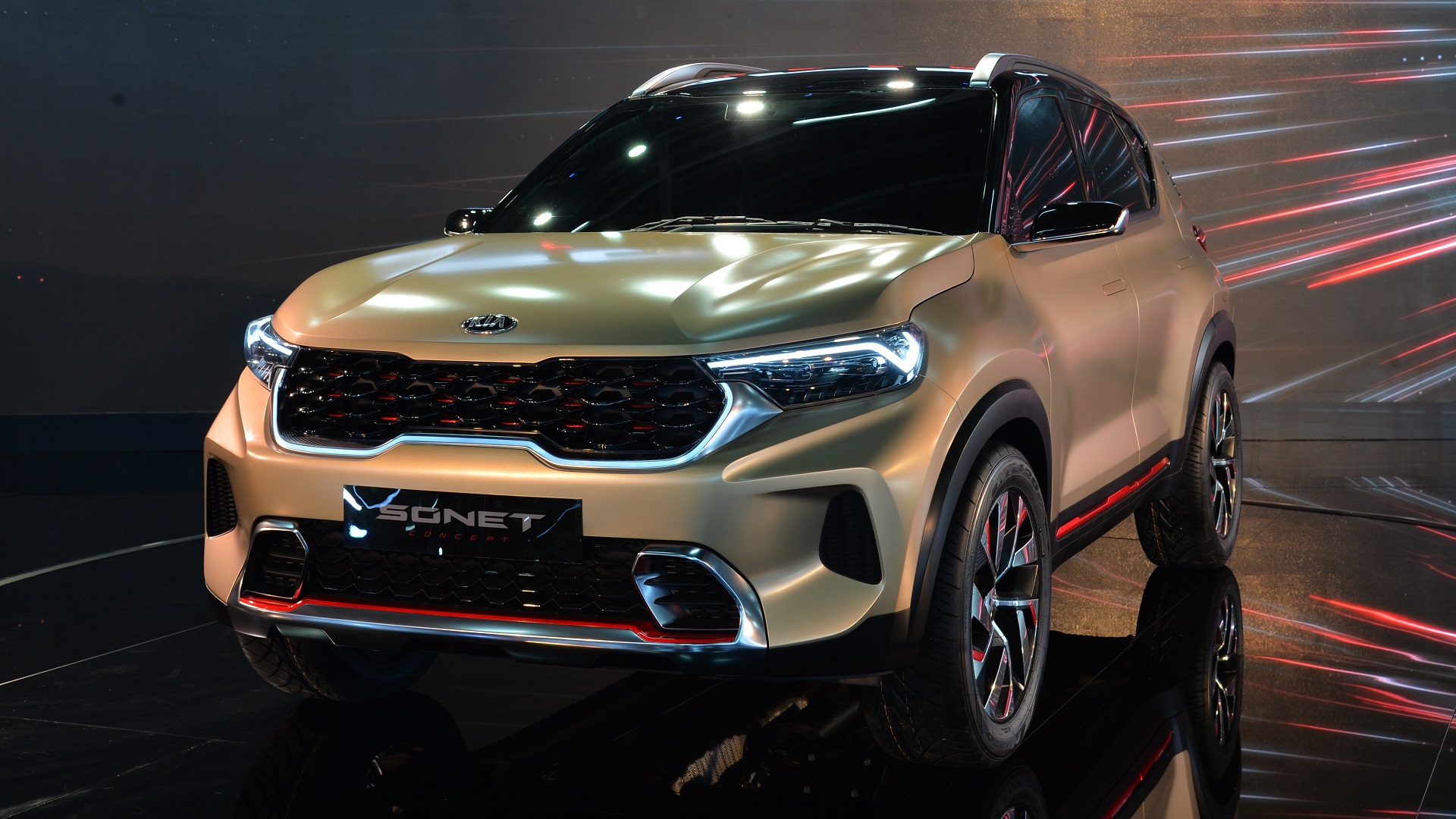Saar: The jet engine-maker is currently looking for partnerships to put its electric vertical take-off and landing vehicle in use by next decade.
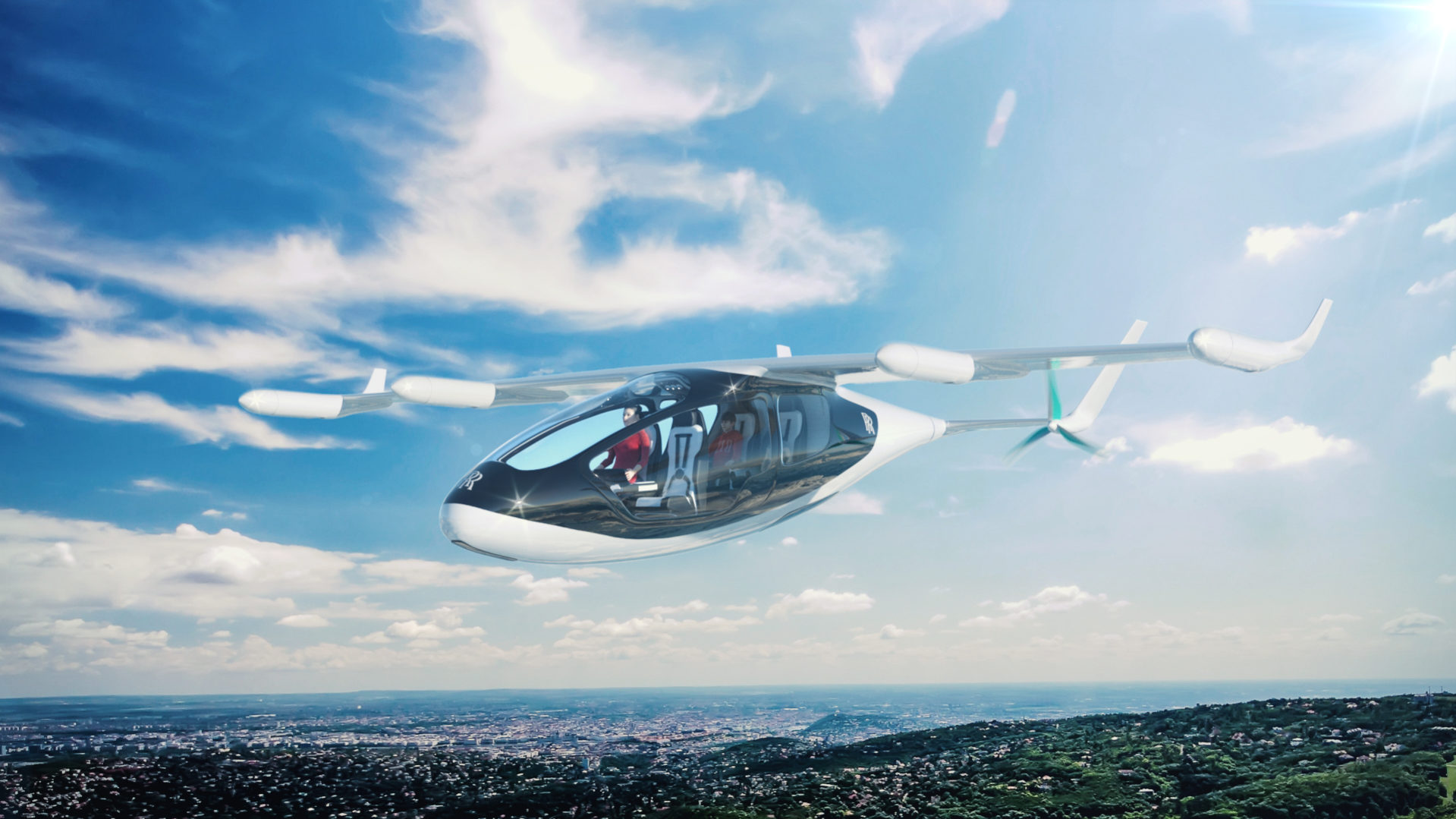
As soon as the name Rolls-Royce comes into any equation for car nutters like us, we immediately think of the world of Phantoms, Dawns and Wraiths. But the thing is, the majority of business for Rolls-Royce comes from developing jet engines for companies like Boeing and Airbus. Now though, the British marque has embarked on a new project and it is popularly known as personal air mobility. The company has already designed a propulsion system and is now looking for partnerships to put it into use in the next decade.
Rolls-Royce said that it has made plans for an electric vertical take-off and landing (EVTOL) vehicle. Those few words give a fair share of information about the basic idea of personal air mobility. Loosely, it is based on the same basic mantra of a helicopter. The British marque also said that its flying vehicle could carry four to five people at speeds up to 402kmph over a distance of approximately 805km.
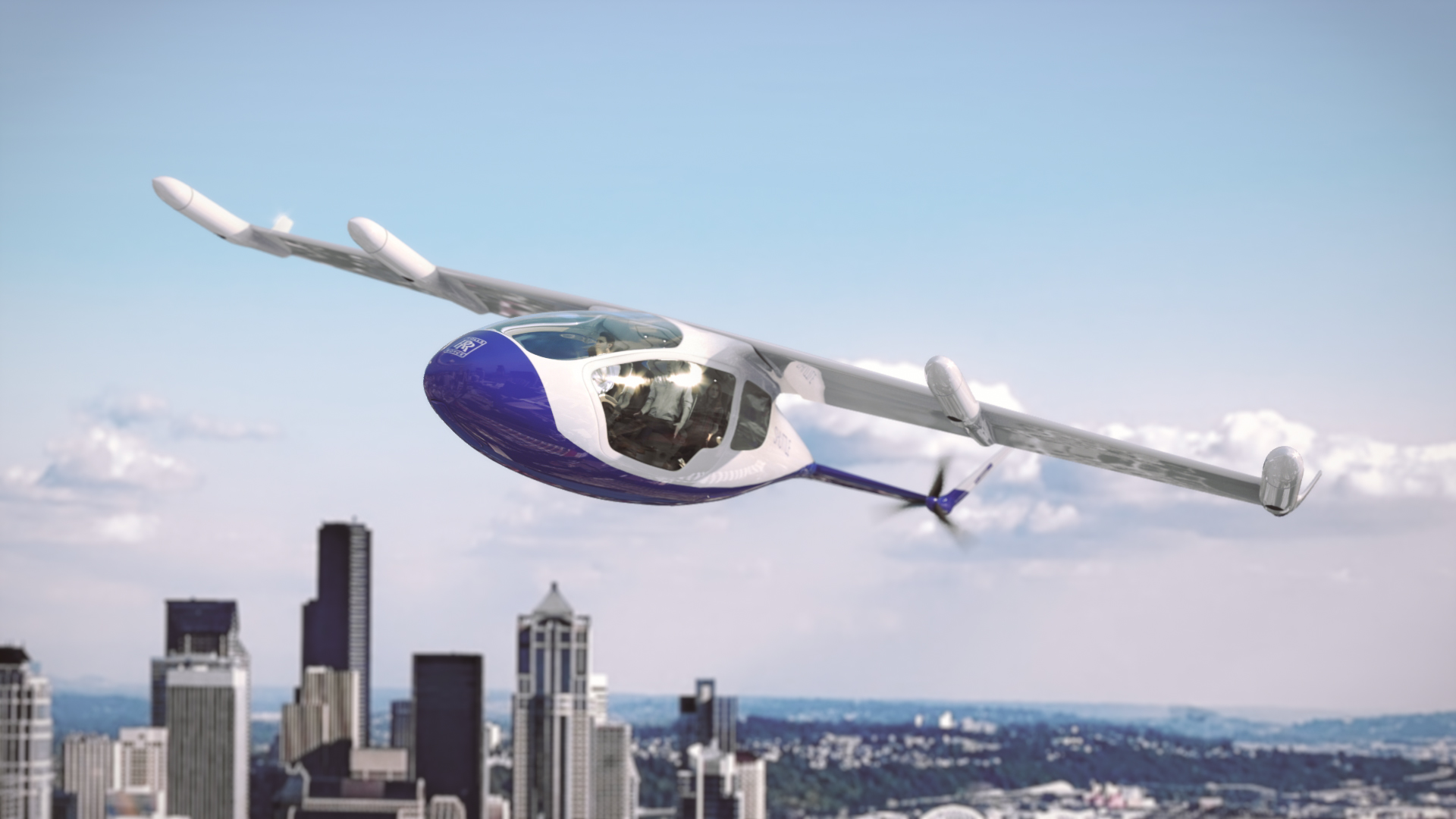
To shed light on how the concept of the flying vehicle gets its power, the company said that it uses gas turbine technology to produce electricity. That will power six electric propulsors, which are designed specifically for personal air mobility by boasting a low noise profile. Rolls-Royce said that the design used its existing M250 gas turbine.
Speaking of which, it will help the company to make an electric flying vehicle which doesn’t require recharging. The onboard gas turbine acts as a generator to provide electricity to the electric propulsors. The positive side of this concept is that the flying vehicle can use existing infrastructure, such as airports and heliports, to transport people within or across cities.
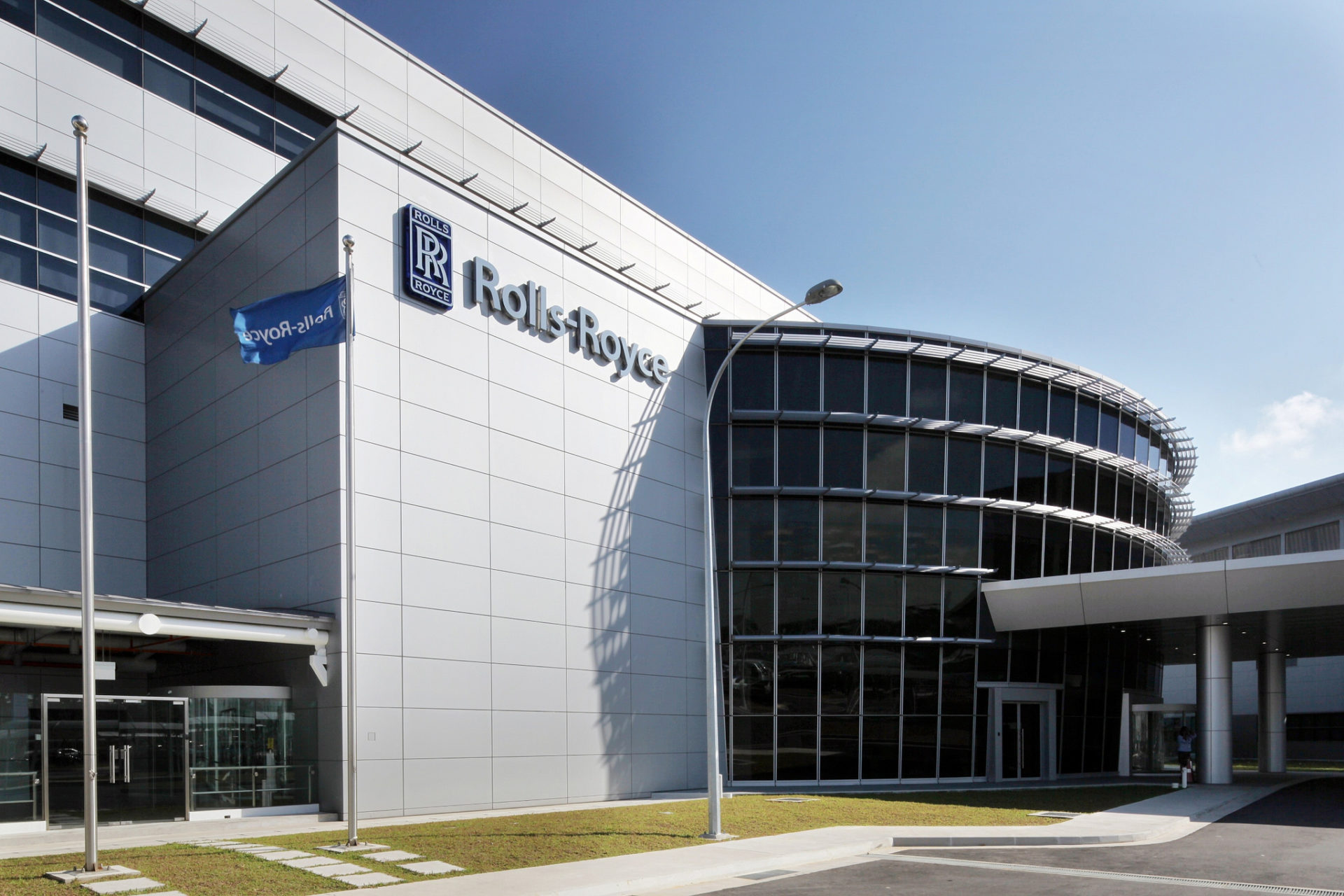
Rolls-Royce isn’t the first company to explore the personal air mobility space. Its own client, Airbus, revealed the flying car concept over a year ago, a project that it christened as ‘Vahana’. Other companies tapping on the same space include ride-sharing firm Uber and a range of start-ups including Kitty Hawk, a firm supported by Google’s co-founder Larry Page.
Source: Reuters

